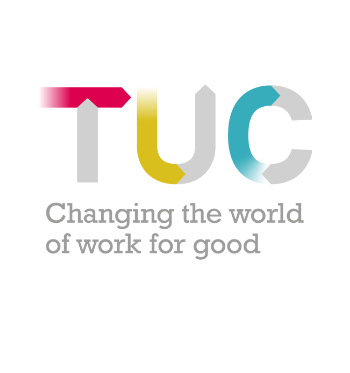
Zero-hours contracts - what you need to know and why they should be banned
"I can’t get a mortgage as a supply teacher. I have no job security. I don’t get holiday pay or sick pay."
“Irregular shifts mean that some weeks I earn nothing. Because the shifts are so irregular I can’t even find another job alongside it because I can be called in last minute."
"I have often been cancelled at last minute for work. I have even not been told I was cancelled until I turned up to work, which makes making ends meet and saving up very difficult.”
Three different voices, three similar stories of life on a zero-hours contract.
There are hundreds of thousands like them in the UK today – hundreds of thousands of workers trapped in jobs so insecure they’re unable to plan childcare or budget for their weekly shop.
The number of people on a zero-hours contract has mushroomed in recent years, from 585,000 in 2013 to almost 850,000 at the end of 2018.
It’s easy to see why. These contracts allow employers to cut costs by hiring staff with no guarantee of work, hours or pay.
Employers who use ZHCs claim they offer flexibility and choice, yet for many people a zero-hours job is their only choice for work.
This is despite how hard it is to make end meet on a zero-hours contract. From shift patterns that change every week to hours cut at the last minute, planning your life on a ZHC is often a nightmare.
That’s why we’re calling for an outright ban on zero-hours contracts now.
We want workers to get guaranteed hours so they can pay the bills and save for the future. And a right to reasonable notice of shifts, with compensation if they’re cancelled.
If you agree that we need to ban zero-hours contracts now, sign our petition.
What are zero-hours contracts?
Zero-hours contracts allow employers to hire staff with no guarantee of work.
Also known as casual contracts, they mean workers are always at the beck and call of employers to work whenever they’re needed, which can often be at the last minute.
And since there’s no obligation on employers to offer work on a ZHC, shifts are often cancelled with little notice – sometimes even after staff arrive at their workplace.
Pay also depends on how many hours employees work from one week to the next. This can vary wildly in the current economic climate, making financial planning very difficult.
Zero-hours workers are supposed to get statutory annual leave and the National Minimum Wage, but they’re often denied these basic entitlements and have no legal right to sick pay.
How do employers justify using zero-hours contracts?
Some argue that zero-hours contracts offer flexibility for employer and worker alike.
Yet because many zero-hours contracts require workers to take whatever shifts they’re offered, this ‘flexibility’ only really works one way.
Employers also say workers like ZHCs because they want to be able to choose when they work.
But our polling shows that two thirds of workers would rather have a contract with guaranteed hours – and that only one in four actually prefer to be on a ZHC.
According to official figures, over two thirds of zero-hours workers have been stuck in this type of work for more than a year.
So hundreds of thousands of people face a simple choice: the long-term insecurity of a ZHC job or no job at all.
That’s a funny kind of flexibility.
What’s it like to work on a zero-hours contract?
It’s hardly surprising that workers don’t like ZHCs given what it’s like to be on one.
Time and time again people have told us how difficult it is to make ends meet on a ZHC.
People like the caterer who earned nothing some weeks because of the irregular shifts she was forced to work.
Or the nanny who couldn’t rent a property because her earnings were suddenly cut in half when her hours changed at the last minute.

Zero-hours workers also miss out on key workplace rights, such as protection against unfair dismissal and sick pay.
This exposes them to abuse and exploitation. Take the bar worker at a football stadium, who told us about uncaring managers allowed customers to harass staff with “no consequences”.
Thousands of workers on ZHCs also miss out on statutory sick pay because they don’t earn enough to qualify.
Workers like the pub duty manager who simply couldn’t afford to follow medical advice to take time off to recover from a back injury sustained at work.
What do we want to change?
It doesn’t have to be this way.
Trade unions in Ireland recently secured a near total ban on zero-hours contracts and other key rights for people in insecure work.
This included the right to compensation from employers if sent home without work and the right to guaranteed hours that reflect their normal working week.
If the system can change in Ireland it can change here too. But unless we speak up, it never will.
So join us in sending a message to the government: sign the petition now and demand a ban on zero-hours contracts for UK workers.
Stay Updated
Want to hear about our latest news and blogs?
Sign up now to get it straight to your inbox




